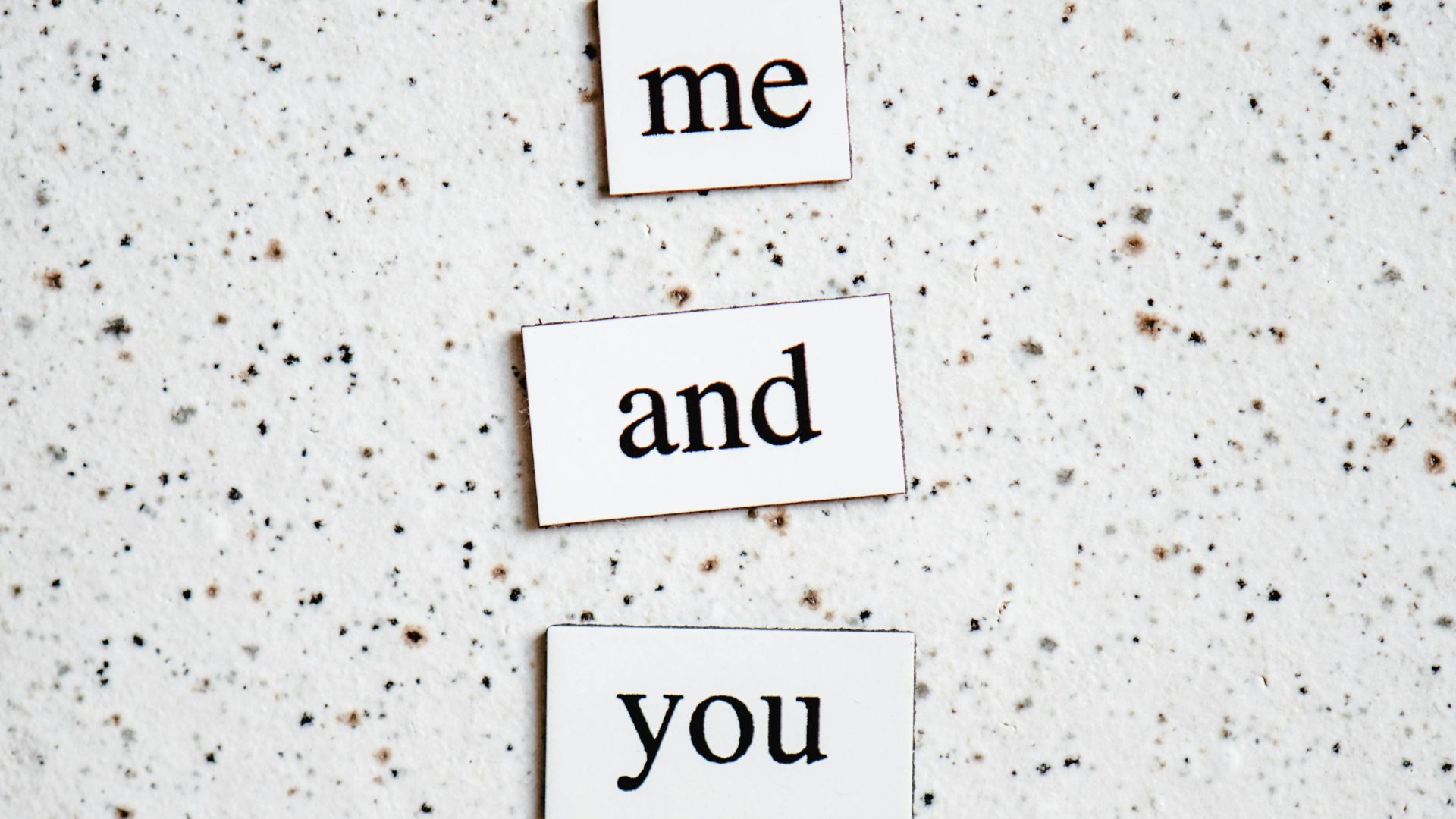My Theory: The reason American intelligence agencies have refrained from sidelining Trump could be linked to their inclination to preserve the status quo regarding UAP.
Please bear with me; this analysis is influenced by my own views on Trump, the Republican Party, and the current political climate in the United States.
I arrived at this conclusion—likely not the first person to do so—after pondering a question that often arises: “Why have U.S. intelligence agencies allowed Trump to attain power, not just once, but twice?”
Seriously, if this were the height of the Cold War, one of three things would have likely happened to Trump before he took office:
a) He would have been expelled or imprisoned.
b) He would have faced a media campaign aimed at discrediting him (think McCarthyism).
c) He might have been assassinated.
The traditional methods employed by the CIA would not have stood idly by during such circumstances, no way. While time has passed since the Cold War, the CIA retains many of its old instincts, as evidenced by its approach to the UAP topic.
So, what gives? Why have they seemingly allowed a Russian asset to rise to power twice? How has the situation escalated to this point? Why the silence?
Well…
Here’s my speculative theory: it could be connected to the UAP issue.
This isn’t just a case of ‘drones in New Jersey’; it’s a significant congressional matter that has been under serious consideration since 2017. Since 2020, especially under Biden, there has been a concerted effort to pressure major intelligence and military agencies into being more transparent about what they know.
We’ve seen legislation introduced, the release of footage, data records, testimonials from pilots and technicians, congressional support, and even departmental admissions that UAP exist. There’s an overwhelming array of circumstantial evidence, and these efforts have been gradually inching closer to unveiling substantial evidence to the public, emerging through congressional hearings, public disclosures, FOIA requests, and recorded testimonies.
These agencies appear to be on the brink of being compelled to disclose information in both confidential and public settings.
Honestly, this is the first time I’ve seen these agencies revert to their tactics from the “Cold War” era. They are clearly reluctant to be transparent about UAP activities. Whatever the truth may be, it is likely to have significant implications. Furthermore, there seems to be a serious constitutional issue at play, as these programs may have been operating without any congressional oversight (which is illegal), and those who have led these programs since the 1940s might be guilty of crimes to safeguard or advance their operations. If forced to disclose, they risk prosecution or losing their considerable power and influence.
My conjecture is that they are allowing this situation to unfold (which historically they would have opposed!) because a Trump administration enables them to operate without oversight, reminiscent of the “good old days” of the Cold War. It provides them the opportunity to restructure their operations to stifle further investigations.
I recognize the drift toward authoritarianism under Trump, and I struggle to believe that these agencies would sit back and allow it to happen. So what’s in it for them? Quite simply, they find Trump easy to manipulate and know that he won’t impede their operations, which is clearly in their favor.
They have fought intensely for the past decade to keep certain information under wraps; Trump allows them to continue that for a while longer—possibly indefinitely. Moreover, it provides them with four more years to obfuscate, conceal evidence, and tidy up any loose ends.
I doubt we will see any major disclosure events under Trump—especially those originating from the Republican Party.
I can hear the counterarguments: “What about Republicans like Luna, Gaetz, Burchett, etc.?” But let’s be real; they’ve downplayed January 6 and supported Trump

Your perspective offers a thought-provoking angle on the intersection of politics, intelligence operations, and the UAP discussion. It’s interesting how you draw parallels between past Cold War tactics and the current situation. The idea that intelligence agencies might find a certain level of stability or protection under a Trump administration, especially regarding UAP transparency, raises significant questions about accountability and oversight.
The notion that a political figure can be utilized or leveraged to maintain operational secrecy is certainly not new, though it feels particularly relevant given the unique circumstances of recent years. It does pose a moral dilemma: should these agencies prioritize their obscure objectives over democratic transparency and public interest?
Your skepticism toward certain Republican figures, as well as the assessment that a Trump administration could further entrench these operations, is compelling. It highlights a critical point—if safeguarding secrets is prioritized over public trust, the implications for governance and civil liberties become deeply concerning.
Overall, your thoughts contribute to a broader debate on the balance between national security, political power, and the necessity for transparency. The situation truly invites more scrutiny and conversation about where we’re headed and what risks may come with allowing certain powers to operate unchecked. It’s a reminder of how intertwined the political landscape is with national security, and how that interplay shapes public confidence in those institutions.